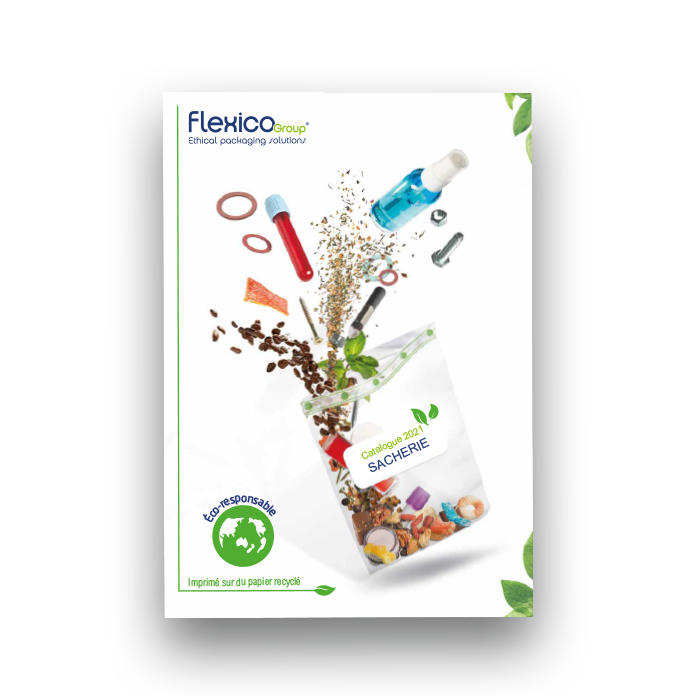
Each year, regulations require a certain number of companies to make a declaration to Citeo. Who is concerned? What should be declared and why?
Why do I have to make a declaration to Citeo?
The Environmental Code establishes the principle of Extended Producer Responsibility, or EPR. Within this framework, the eco-organisation Citeo is responsible for centralising the declarations of companies concerned by EPR for paper and packaging.
The aim is to collect a tax proportional to the quantity declared. This contribution is then used to implement actions in favour of recycling and the performance of the circular economy. The Citeo website specifies the main areas of focus:
- financing of selective collection ;
- raising awareness of waste sorting
- eco-design and profitability of recycling channels.
This declaration is compulsory and must be made between 1 January and 28 or 29 February, concerning the tonnages issued the previous year. Thereafter, the financial contribution must be paid before 30 April.
What must be declared to Citeo?
Only companies issuing packaging or graphic paper are concerned by the annual declaration to Citeo (knowing that it is the regulation that requires it to be made via this eco-organisation). However, the criteria are numerous and there are exceptions and bonuses. Citeo has published three guides for its members on its website, in order to simplify their reading of the regulations. They cover
- household packaging
- paper; and
- press publications.
Household packaging to be declared
In this article, only household packaging is discussed. It is important to note that all packaging placed on the market in France must be declared. For example, the following are concerned
products sold in shops accessible to private individuals;
those sold in shops accessible only to professionals, if the latter then resell them to individuals;
those sold in vending machines;
those sold and then consumed on the spot or not;
transport packaging;
packaging surrounding batches of products intended for final consumers…
This excludes packaging for products that are only consumed or used by professionals, in particular very large formats, grouping packaging left at the point of sale and packaging soiled with chemicals for example.
Focus on the declaration of household packaging
In order to simplify the process for declarants, Citeo regularly optimises its online tool. In particular, the eco-organisation has reduced the number of lines to be filled in by introducing the Consumer Sales Unit (CSU) as the reference unit.
In addition, intuitive help is provided to quickly and efficiently detect any input errors. Finally, small producers, i.e. those emitting less than 10,000 CVUs annually, can pay a flat fee of €80. For this purpose, their declaration is validated in three clicks, which saves a lot of time.
Who is concerned by the Citeo declaration for household packaging?
Issuing one or more types of packaging covered by the declaration is not the only condition for becoming a Citeo member. You must be either the first to put the packaged product on the market, an importer or a producer. In some cases, the distributor is also concerned.
To be able to make the annual declaration, it is essential to first join Citeo. This is the only eco-organisation responsible for packaging. As such, it is authorised to receive declarations, process them and collect the contributions.
Eco-tax scales, surcharges and bonuses in the Citeo declaration
The exhaustive scales differ according to the material and are given in the guides published by Citeo. For packaging, the calculation method and bonus-malus system depend on several criteria. In addition, there are situations in which the declaration can be simplified. Citeo provides tools on its website to help the declarant to find his way.
In conclusion, the criteria and calculation methods are difficult to understand in many situations. Nevertheless, Citeo is doing its utmost to facilitate the work of its members during the annual declaration. Knowing that any underestimation or omission in the declaration is liable to heavy fines, it is advisable not to neglect this essential and regulatory stage. This declaration allows each company to measure factually the progress of its circular economy performance.
> To find out more about Flexico’s waste management policy, visit the Flexico, an eco-responsible player page.


